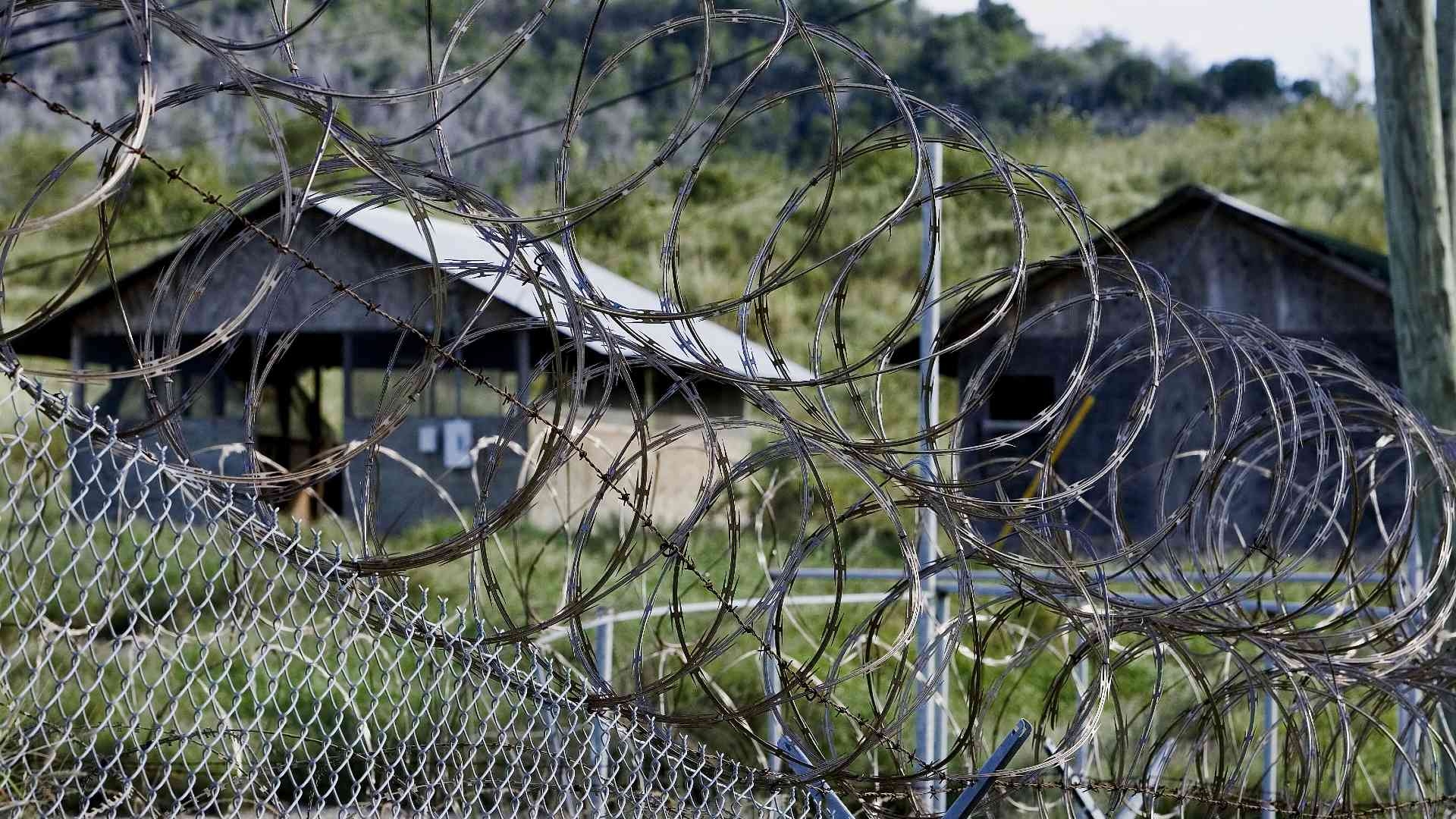Guantanamo: Mentally ill detainee transferred to Saudi Arabia for treatment

A detainee who was tortured at the Guantanamo Bay military prison has been sent back to his home country of Saudi Arabia, where he will receive treatment for schizophrenia after nearly two decades of imprisonment.
The Pentagon announced on Monday that Mohammed al-Qahtani was repatriated to Saudi Arabia, months after the Periodic Review Board - a panel composed of several US national security agencies - determined in June his detention was "no longer necessary to protect against a continuing significant threat to the national security of the United States."
Shayana Kadidal, Qahtani's lawyer and senior managing attorney at the Center for Constitutional Rights, said in response to the news that "Mohammed has always belonged in the care of psychiatrists, not in a prison".
"He survived being tortured and detained at Guantánamo through enormous personal courage, and we are very hopeful that with proper treatment with his family nearby, he will learn to manage his symptoms and salvage the remainder of his life," Kadidal said.
Qahtani, who was captured in 2001 and sent to Guantanamo Bay in 2002, was suspected by the US government of being a key player in the planning of the 9/11 attacks, and he was sometimes referred to as the "20th hijacker".
However, in 2008, the charges against him were dismissed "without prejudice" due to the torture he endured while in captivity.
"We tortured Qahtani," Susan Crawford, a top judicial official in the Bush administration, said in 2009, according to a Washington Post article.
It was revealed, through reports and an 84-page secret interrogation log obtained and published by Time Magazine in 2005, that he was at times chained and forced to endure stress positions, waterboarded, beaten, forced to urinate on himself, and deprived of sleep.
'This is about survival'
Before he was captured in 2001, Qahtani was diagnosed in Saudi Arabia with schizophrenia and major depression. He was hospitalised in a psychiatric ward on at least one occasion, according to court documents.
Medical records suggest a traumatic brain injury sustained in a car accident when he was eight years old may have caused a neurocognitive disorder.
Suffering from an "acute psychotic break", during his hospitalisation he expressed suicidal thoughts and was prescribed antipsychotic medication, court documents said.
Before and after his US capture, Qahtani exhibited signs of hallucinations, sometimes hearing and speaking to people who were not there. Reports show interrogators were aware of his mental health issues early on.
'It would not be right to say that justice was done ... because nothing can make up for the torture of a sick man'
- Ramzi Kassem, the Clear Clinic at CUNY Law School
The torture he received while at the US military prison has left him with post-traumatic stress disorder (PTSD), his lawyers say and has intensified his pre-existing mental health issues.
His attorneys have said that "the voices in his head have increasingly told him to harm himself", and he listened by doing things like swallowing broken glass.
A US navy doctor last year upheld an independent psychiatrist's finding that staff at Guantanamo Bay could not adequately treat Qahtani's condition.
"It would not be right to say that justice was done with Mohammed's repatriation because nothing can make up for the torture of a sick man and his incarceration without trial over two decades," said Ramzi Kassem, professor of the Clear Clinic at CUNY Law School and one of Qahtani's lawyers.
"For Mohammed, this is about survival. The end of his long nightmare at Guantanamo means that he finally has a chance to receive the medical attention he desperately needs in Saudi Arabia, with the support of his loving family."
The release leaves 38 people still detained at Guantanamo Bay, with half of them eligible for transfer if security agreements with other countries can be arranged.
An additional 10 detainees are involved in the military commission's process and two have been convicted in military commissions.
Middle East Eye delivers independent and unrivalled coverage and analysis of the Middle East, North Africa and beyond. To learn more about republishing this content and the associated fees, please fill out this form. More about MEE can be found here.





